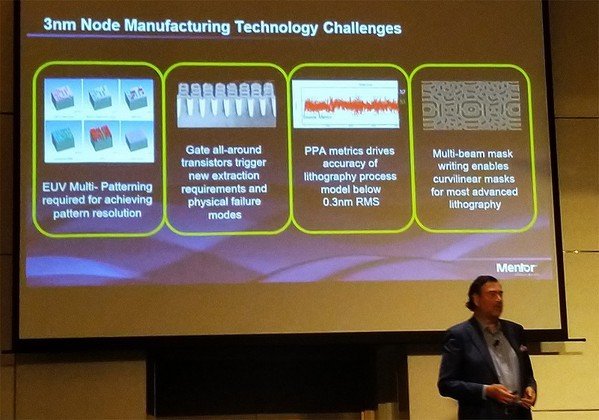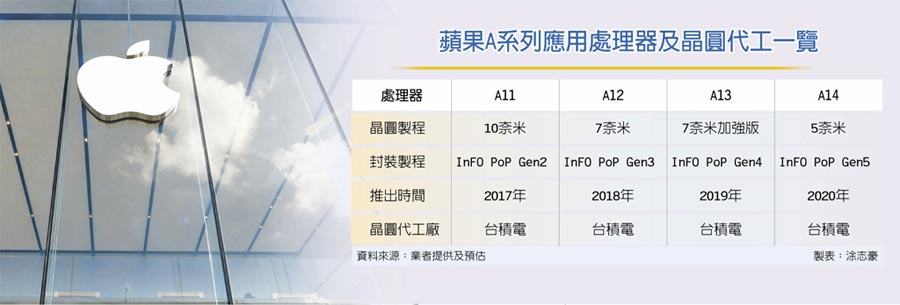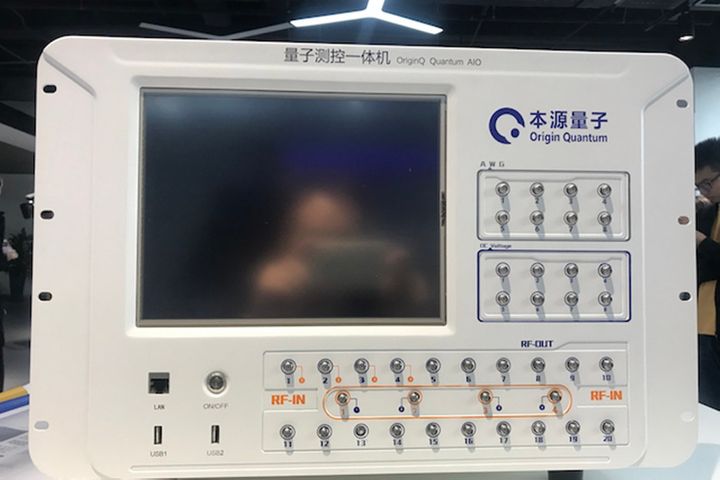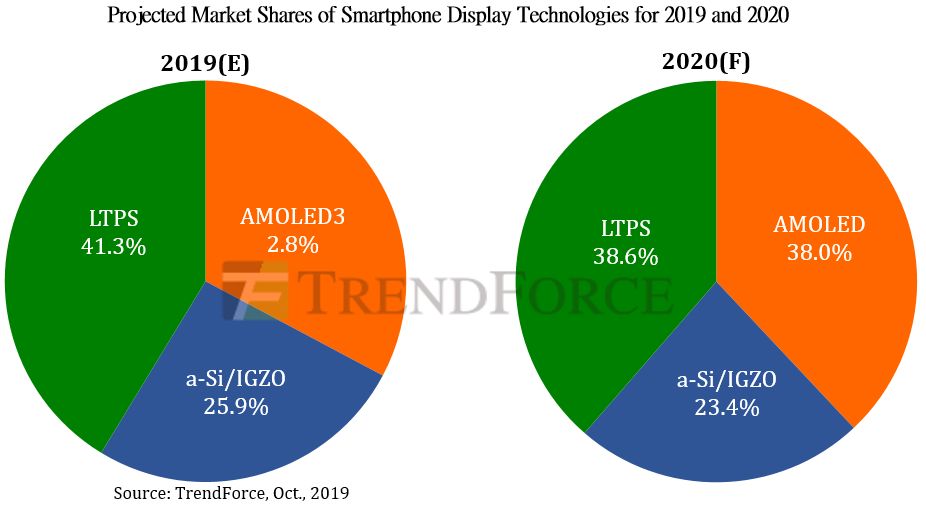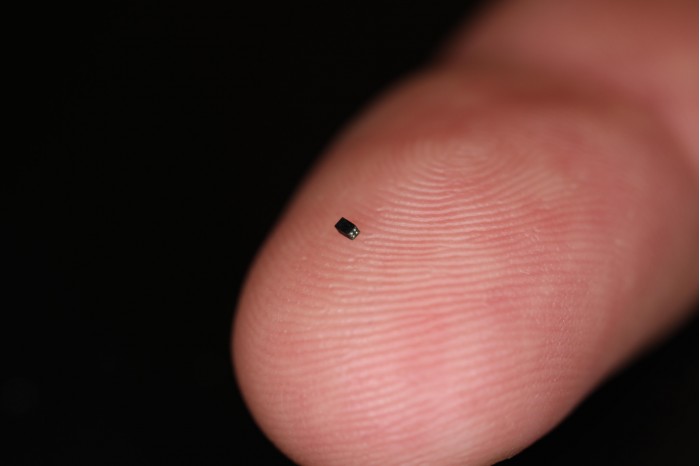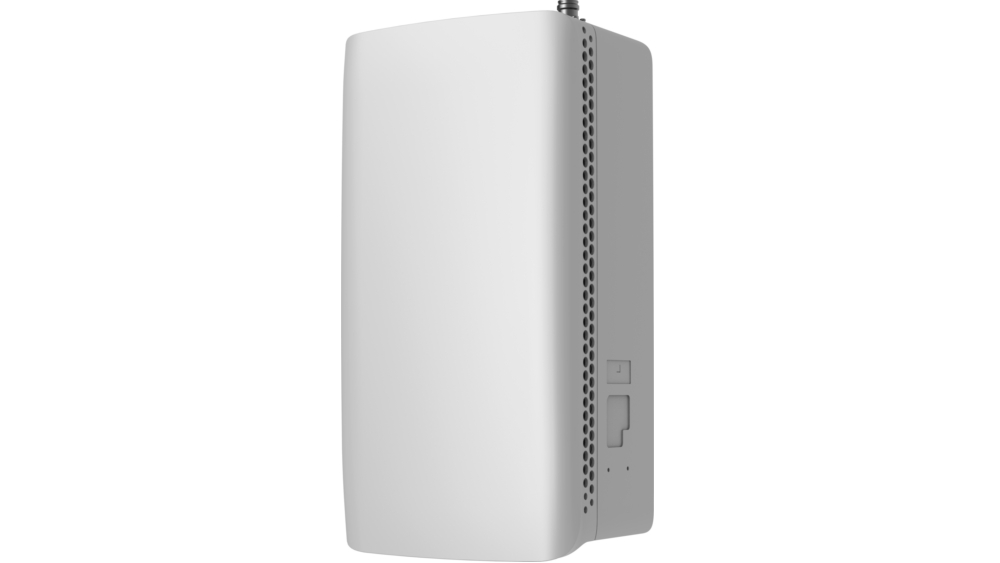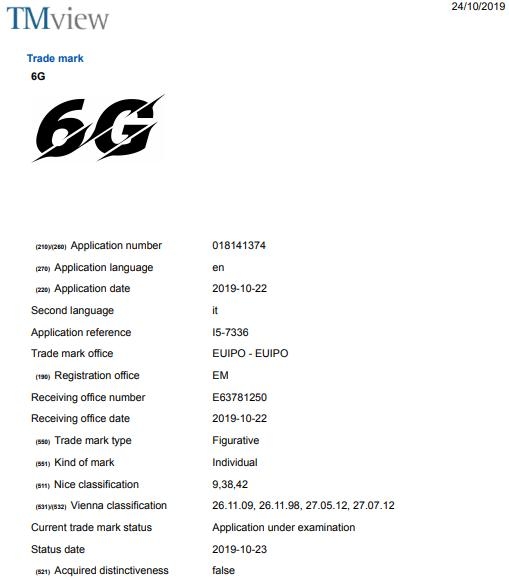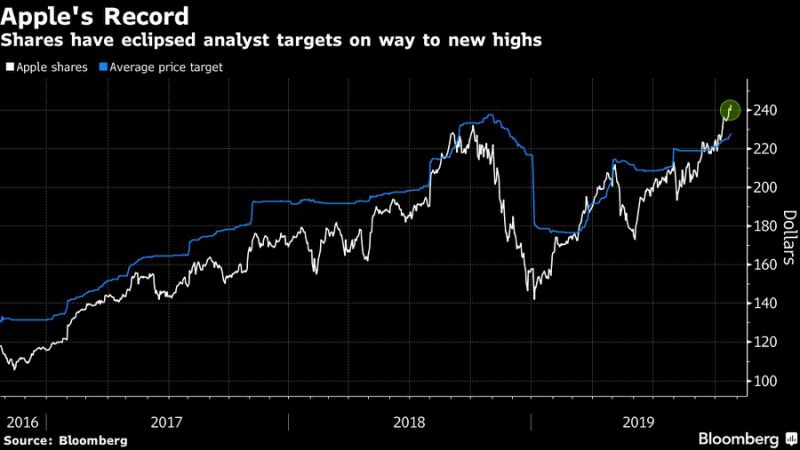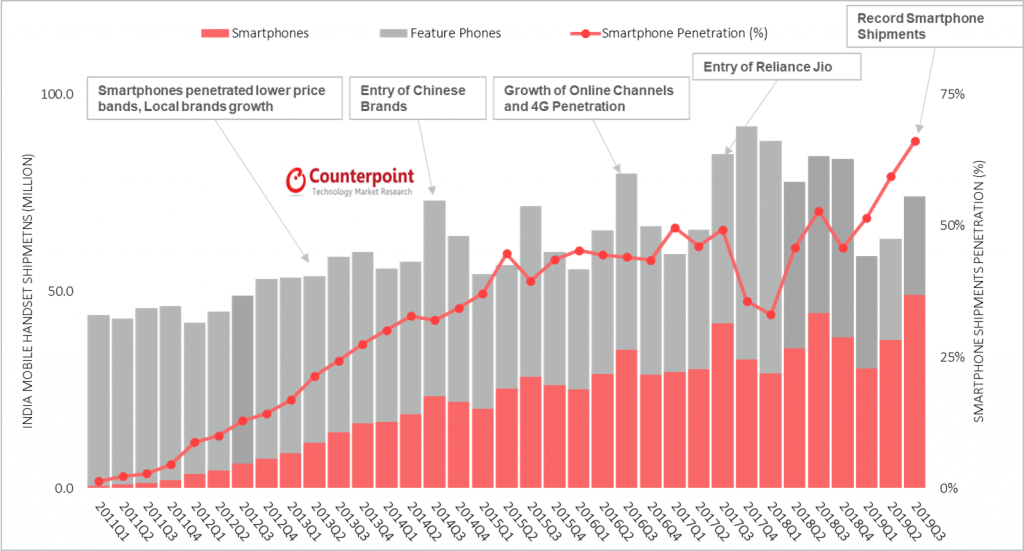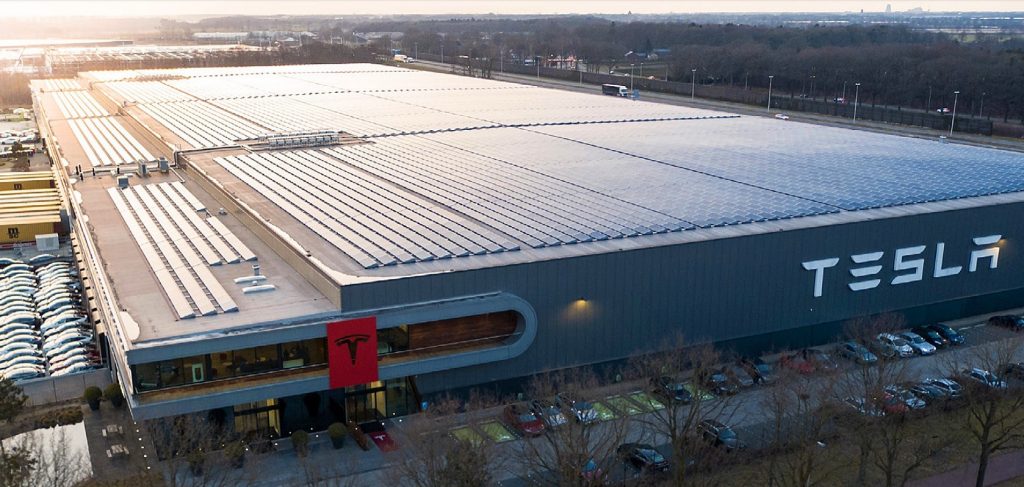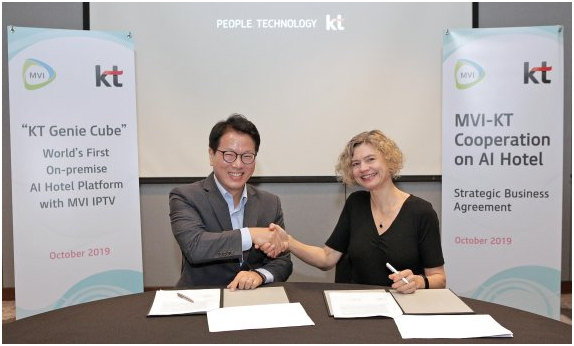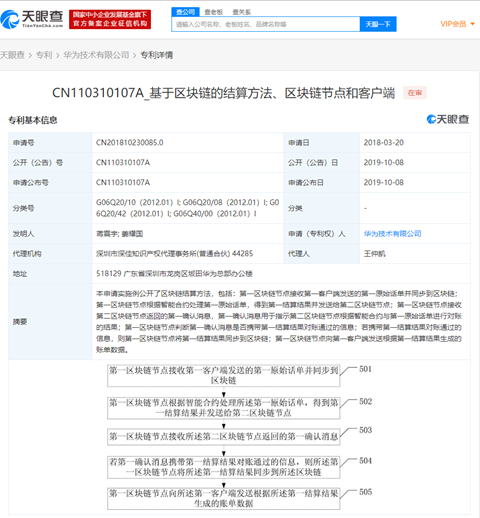
10-26: ARM will continue to supply Huawei Technologies; OmniVision has created what has now been confirmed as the smallest commercially-available image sensor OV6948; etc.
Chipsets
TSMC is expected to step up the construction of its advanced 3nm wafer fab after securing 30 hectares of land in the Southern Taiwan Science Park (STSP) by the end of 2019. TSMC will begin construction of a 3nm process facility in 2020 to lay the technical foundation for the new plant. Presently, TSMC intends to scale up 5nm fabrication in 2020. (Laoyaoba, Digitimes, Yahoo, UDN, Digitimes, WCCFtech, GizChina)
TSMC’s 5 nm (N5) manufacturing technology is projected to provide significant benefits when it comes to performance, power, and area scaling. TSMC believes that its N5 technology will ramp even quicker than its 7 nm (N7) process. In a bid to boost its production capacities, TSMC recently increased its capital expenditures for 2019 from USD10B~11B to USD14B~15. (CN Beta, AnandTech, TechSpot, TSMC)
Apple’s new A14 application processor for the 2020 iPhone 12 series is reportedly being produced by TSMC’s 5nm process, which is successfully sampled at the end of Sept 2019. The Apple A14 processor chip density is expected to see 10B transistors, the operating clock will span 3GHz, and the embedded multi-core neural network engine and graphics processing unit (GPU) will greatly improve the artificial intelligence (AI) computing efficiency. (China Times, China Times, Semi Insights, IB Times, WCCFTech)
Chinese startup Origin Quantum Computing Technology plans to launch China’s first independently developed quantum computer prototype by the end of 2020. Origin Quantum’s machine with a 6-qubit chip put online will have full intellectual property rights and the firm has applied for more than 200 patents and trademarks in the field. (Laoyaoba, My Drivers, Yicai, Yicai, Yicai Global)
ARM will continue to supply Huawei Technologies after the British company’s legal team ruled that its chip technology is of UK origin and would not breach U.S. restrictions on supplying Huawei. (GizChina, Engadget, Reuters, CN Beta)
Touch Display
According to TrendForce, the share of devices featuring AMOLED panels is expected to grow from 32.8% in 2019 to 38.0% in 2020 in the global smartphone marketplace, in response to an ever-increasing production capacity and smartphone makers’ willingness to adopt the technology. In contrast, the market share of LTPS-equipped devices is expected to drop from 41.3% down to 38.6%. The market shares for AMOLED- and LTPS-equipped devices are roughly even, with the former possibly taking the lead in the future. (TrendForce, TrendForce, press, Laoyaoba)
Camera
OmniVision has created what has now been confirmed as the smallest commercially-available image sensor OV6948. It is an ultra-compact 1/36-inch backside-illuminated sensor that measures just 0.575×0.575mm. The sensor, designed specifically for medical applications, features a resolution of 200×200 pixels, a 120º field of view, a 30 fps framerate and 1.75µm pixels. (CN Beta, OmniVision, DP Review)
Biometrics
With the rebound in demand for smartphones and commercialization of 5G, Goodix Technology will benefit greatly. Since 2019, the tier-1 phone OEMs including Huawei, Xiaomi, OPPO, and vivo have adopted Goodix’s optical in-display fingerprint solution, which has been adopted by nearly 90% of the new phones. Goodix’s optical fingerprint solution has grown rapidly since its introduction in small volume in 2018. (Laoyaoba, Sohu, Goodix)
Connectivity
Samsung Electronics has announced its new 5G New Radio (NR) Access Unit (AU) supporting 28GHz spectrum. This new AU brings together a radio, antenna and digital unit into one compact box, making it the industry’s first integrated radio for mmWave spectrum, compliant to the 3GPP NR standard. (Samsung, Pulse News, Laoyaoba)
vivo has applied to have a design for its 6G logo registered by the EU Intellectual Property Office. While 6G is only expected for 2030, Vivo wants to keep its idea for a 6G logo safe. (GizChina, Europa, Quankr, Saibei)
Phone
Morgan Stanley analyst Katy Huberty estimates Apple TV+ could be a USD9B per-year business by 2025, even with conservative sign-up estimates. Huberty also notes that for Apple TV+ to have a more material impact on its near term estimates. (Mac Rumors, CNBC, AWTMT)
According to Counterpoint Research, the India smartphone market grew double digits reaching a record 49M units in 3Q19 offsetting the ongoing economic slowdown in other sectors. Xiaomi recorded in highest ever shipments with a 26% share. Its shipments grew 7% YoY driven by good performance of its models in the online segment. Redmi 7A, Redmi Note 7 Pro and Redmi Note 7S were the best performing smartphones for Xiaomi. (GSM Arena, Counterpoint Research, press, Laoyaoba)
Huawei Enjoy 10s is announced in China – 6.3” 1080×2400 FHD+ OLED, Huawei Kirin 710F, rear tri 48MP-8MP ultrawide-2MP depth + front 16MP, 6+64GB, Android 9.0, under display fingerprint, 4000mAh 10W, CNY1,599 (USD226). (GizChina, Gizmo China, GSM Arena)
Automotive
Tesla has revealed that its Gigafactory 4 in Europe will likely be operational sometime in 2021. The European Gigafactory will be similar to Gigafactory 3 in China as well, since it would be producing both the Model 3 sedan and the Model Y crossover. (CN Beta, Teslarati)
Guangzhou, China-based startup Pony.ai has announced launching an autonomous ride-sharing program in Irvine, California. The service, dubbed BotRide, follows on the heels of the company’s “product-ready” driverless cars in Nansha, China, and it marks one of the first robo-taxi services to be made available in California. (VentureBeat, CN Beta, BJ News)
Artificial Intelligence
KT Corp. has announced that it has signed a cooperation agreement with MVI to enter the global artificial intelligence (AI)-based hotel business. MVI is a Hong Kong-based company offering internet protocol television services to hotel chains in 18 countries in Asia and the Middle East. KT is pushing to make inroads into the global AI hotel market AI hotel service, the Giga Genie Hotel, with MVI’s IPTV services for hotels. (Laoyaoba, Korea Times, Business Korea)
Google says it will release an AI workflow for institutions, developed in collaboration with Global Biodiversity Information Facility (GBIF), iNaturalist, and Visipedia for biodiversity research. The workflow will support data aggregation and collaboration across teams while ensuring corpora follow standardized licensing terms, use compatible file formats, and provide fair and sufficient data coverage for the task at hand. (Google, VentureBeat)
Google’s AI Platform, a cloud-hosted service facilitating machine learning and data science workflows, has gained a new feature in backend models that tap powerful Nvidia graphics chips. For the uninitiated, AI Platform enables developers to prep, build, run, and share machine learning models quickly and easily in the cloud. (VentureBeat, Google)
Fintech
Huawei is seeking a patent for a blockchain-based settlement. Huawei has launched its Blockchain-as-a-service (BCaaS) platform with the aim to allow companies to build smart contracts on top of a distributed ledger network, as well as its Cloud Blockchain Service (BCS) that enables firms to develop, deploy and manage blockchain applications. (Laoyaoba, CNBC, Coinness)
